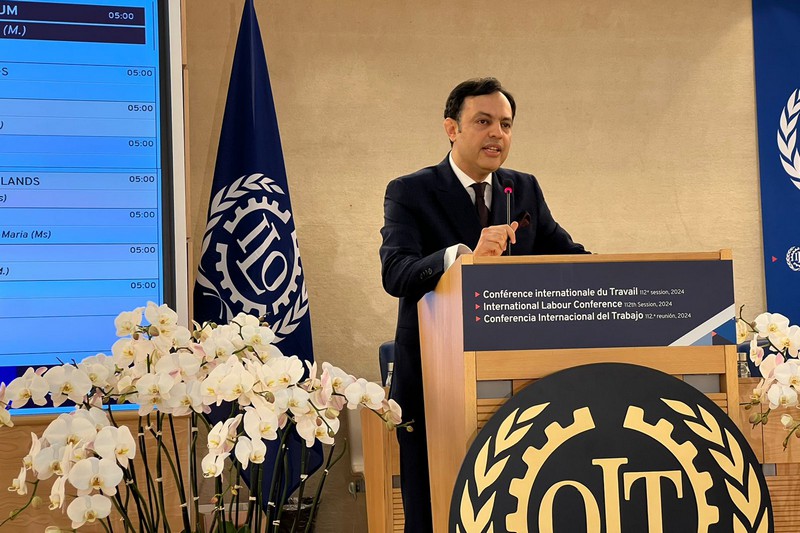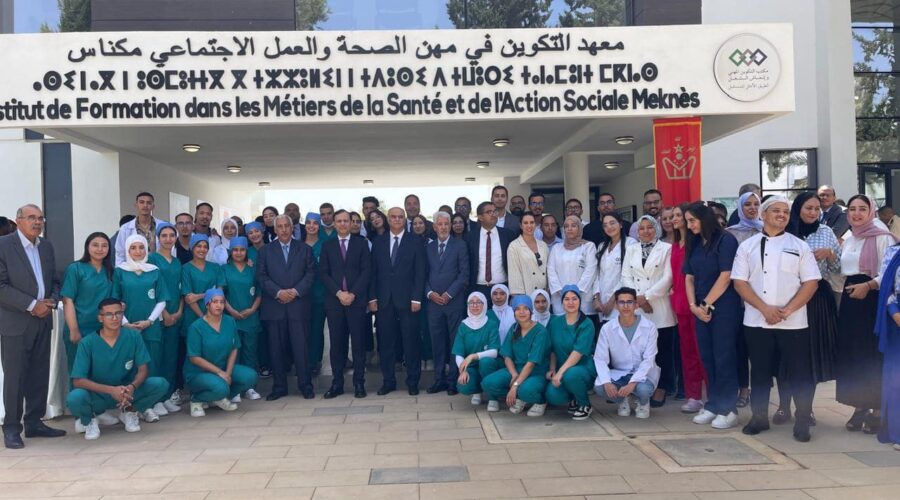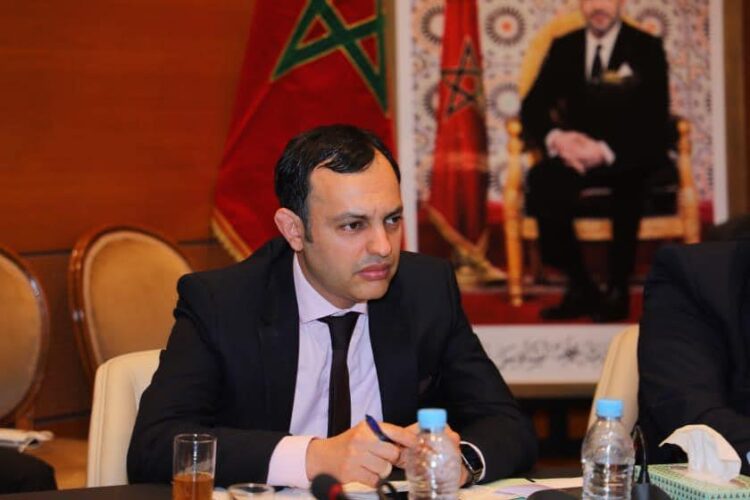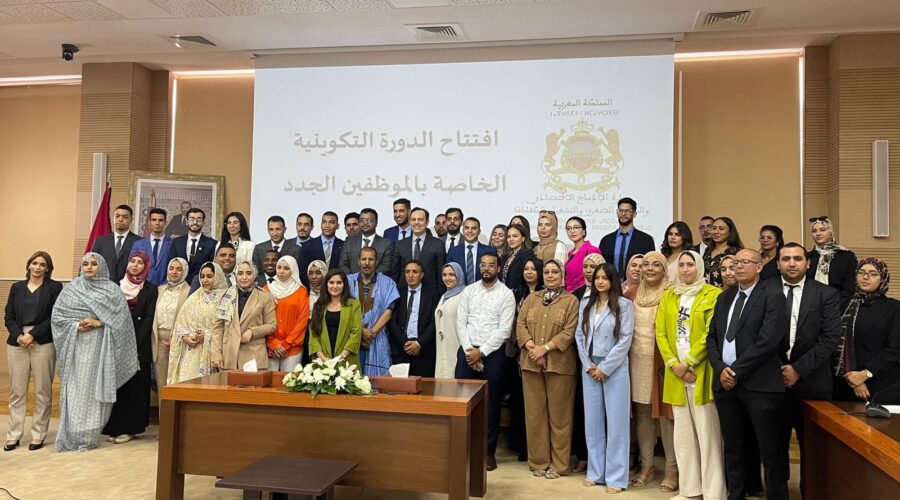The social contract has been redefined through new generation public programs that directly and immediately benefit citizens.
Thus, Morocco has become an international leader in implementing a new vision of the social state, in line with a proactive royal vision. This was stated by the Minister of Economic Inclusion, Small Business, Employment, and Skills, Mr. Younes Sekkouri, in Geneva.
The efforts made in favor of the poor class in Morocco are undeniable and are materialized on the ground through a social protection system that is increasingly consolidating.
Minister Sekkouri presented the main lines of the social protection policy in Geneva. In his speech during a plenary session of the 112th session of the International Labour Conference, the minister emphasized that since 2022, the government has been working on formulating a new concept of social dialogue, noting that the institutionalization of this dialogue is a testament to the success of this approach.
“At the same time, we had to find short-term solutions to ensure the credibility of the social dialogue,” he said, citing in this regard the wage increase for 2.4 million workers in the public and private sectors and the reorganization of the tax system to reduce the burden on the middle class.
He also specified that under the leadership of His Majesty King Mohammed VI, a social program was launched for the benefit of 12 million vulnerable people, based on a unified register allowing for effective intervention, in addition to a large-scale social protection program that expanded from 1.2 million to over 22 million beneficiaries.
These measures are in addition to the policy of maintaining price stability through the compensation mechanism, noted Mr. Sekkouri, adding that the various programs and projects realized by the social state have cost the state budget more than 10 billion dirhams.
The 112th session of the International Labour Conference includes the participation of representatives from the three parties to labor (governments, workers, and employers) from 187 countries. The meeting addresses several themes including protection against biological risks, protection of fundamental principles and rights at work, and includes a general debate on decent work and the care economy.






